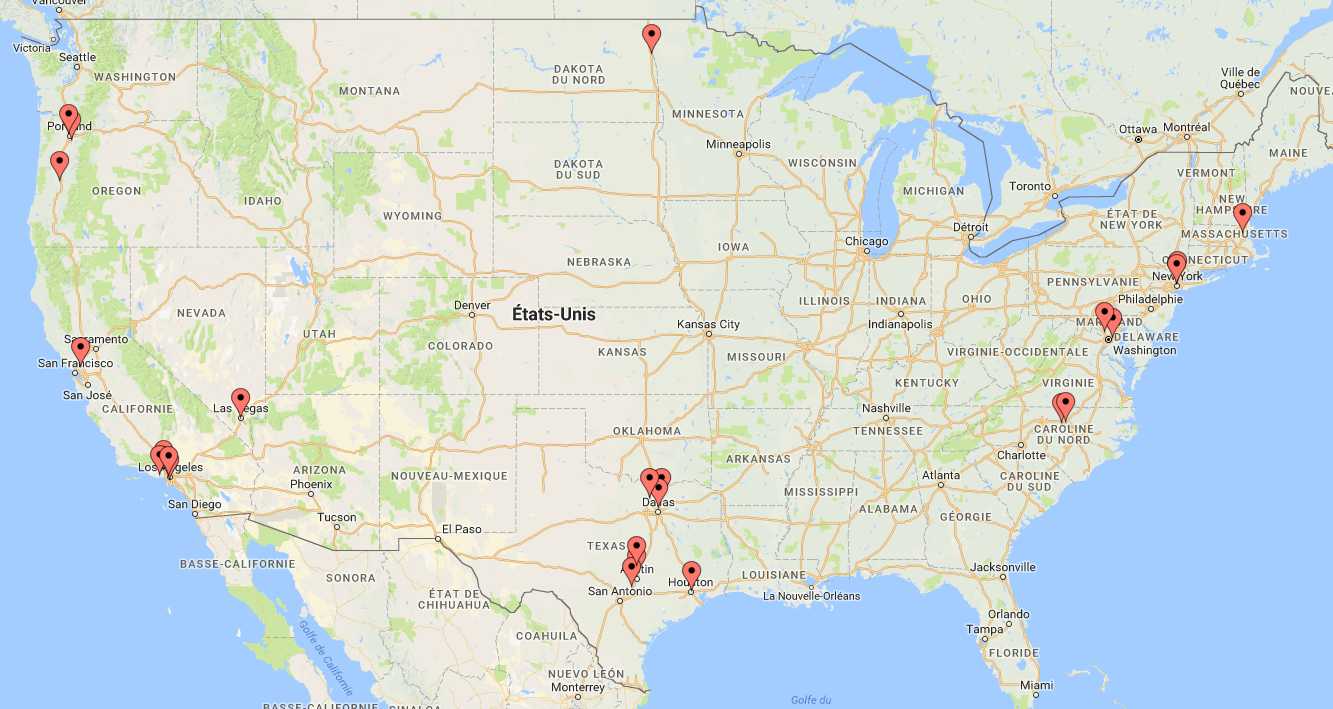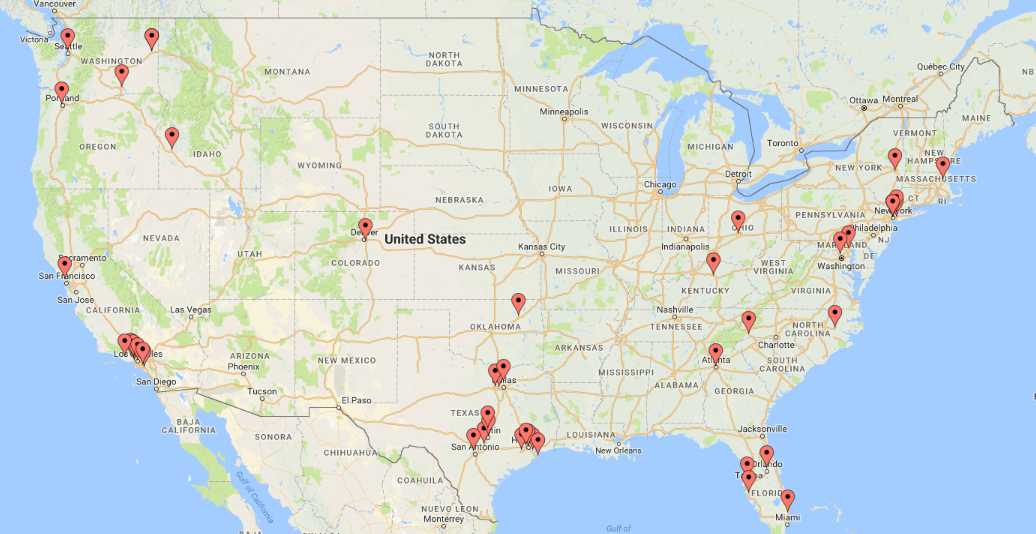Where to Find Best Mediation Training?

Mediation training
Training is an essential part of the career of every professional mediator. Whether you are just exploring the idea of becoming a mediator or are an experienced mediator ready to expand and enhance your current practice, there is always something new to learn.
Minimum requirements
What is the minimum amount of training you need to be considered a “professional” mediator? The answer is complicated, because there are no nationwide standards for the United States.
Based on the latest information from Northern Virginia Mediation Service, 28 of 50 states have minimum standards that must be met for the mediator to be included on court rosters for case referrals; most of these require additional training for mediators wishing to handle family dispute cases in addition to civil cases. Another 9 states require a minimum amount of training for mediators wishing to handle family dispute cases, but have no requirements at all for mediating civil cases. Complicating the matter further is the fact that each state has a different definition of “minimum,” and sometimes local courts can impose higher minimums than its state requires.
In most states, you do not need a university or law degree of any kind to take mediation training. Many people take the training to enhance their capabilities in their own field; the ability to facilitate negotiation and guide parties toward their own solution can be an invaluable skill in certain professions.
Where to get mediation training
Two of the most common places to find high-quality mediation training are colleges or universities and training centers.
Colleges/Universities
Colleges and universities may offer alternative dispute resolution (ADR) as a degree program (e.g., bachelor, master, doctoral) or as a non-degree program (e.g., workshop, seminar, certification). Requirements for each of these will vary and may or may not require a thesis or internship.
The map below marks some of the colleges and universities offering ADR in the United States. Please feel free to email us with information about a provider not indicated on this map.
Training centers
Training centers, usually run by experienced mediators, often offer both individual training sessions and certification programs in specialized areas, including:
Basic mediation skills
Advanced mediation skills
Workplace conflict management and resolution
Family mediation
Landlord/tenant mediation
Small claims mediation
The map below marks some of the ADR training centers in the United States. Please feel free to email us with information about a provider not indicated on this map
Cost
MediatorSelect took a close look at basic, 40-hour training programs offered at colleges, universities, and training centers across the country and we discovered the average cost to be about $950. This is just an average, however – be sure to confirm the costs for the program you are interested in.
The cost of a college or university degree program, of course, depends on the tuition fee for that school; fees for non-degree, specialized, or certification programs are too dissimilar to offer a comparison.
Sources of funding for mediation training include financial aid (student loans, grants, and scholarships) and employer reimbursement programs.
On-site or online
Regardless of provider, many training programs are offered both on-site and online.
On-site training
On-site training is provided in-person. There is a small group of students led by a professor or professional instructor. Advantages to this method of delivery include:
Your questions are asked and answered face-to-face.
An engaging and dynamic instructor will keep you focused and involved, providing maximum retention.
In-person interactions provide opportunities to get to know your colleagues in the business.
Online training
Technology has made it possible to provide training via live webinars, video conferencing, and material that can be accessed online. Advantages to this method of delivery include:
You can choose a program you like even if it is geographically far away.
You don’t have to spend time or money travelling.
You can access your learning materials at your convenience.
How to select your mediation training provider
Selecting a training program is a very personal process. There are many factors to consider.
Consider your needs
How do you learn best: face-to-face or online?
What is your budget?
Can you be away from work and family or would flexible hours be preferable?
Are you interested in a basic mediation course, a degree, or a certification program?
Consider what the training offers
Is the provider a Registered Education Provider (REP) for mediation?
Are there simulated mediations?
Will you be required to observe or assist in real mediation cases?
What is the refund policy?
Are durable resources included (e.g., books, business forms)?
Select your mediation training providers
After consulting the list of mediation training providers, you will have certainly some hesitation between your top choices.
MediatorSelect can help you select the best one for you, use our comparative table to find what mediation training provider will suit you the most.
Happy training!



